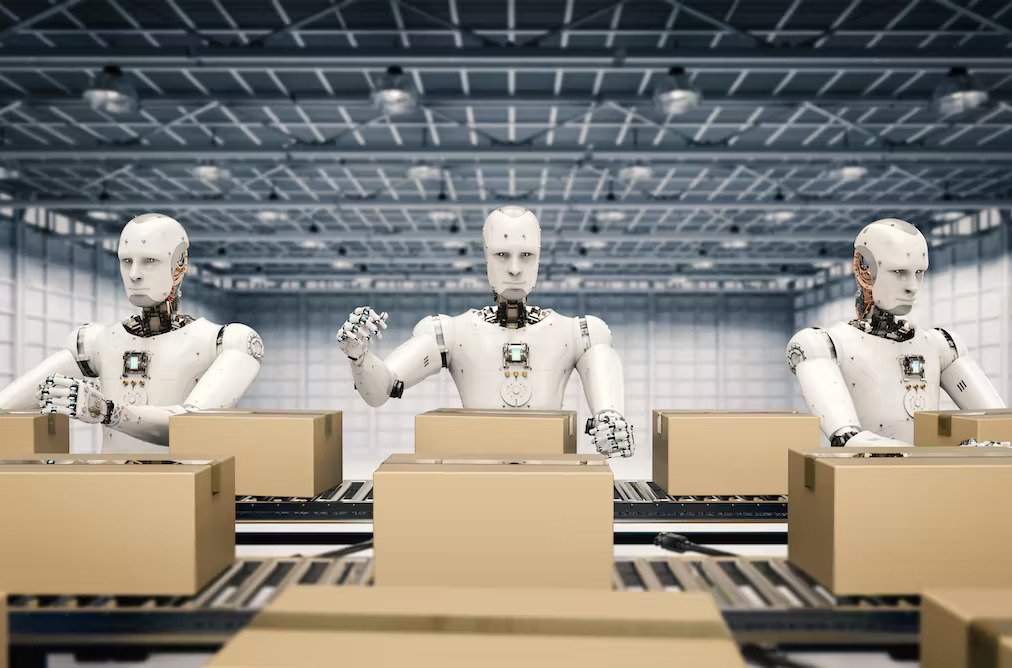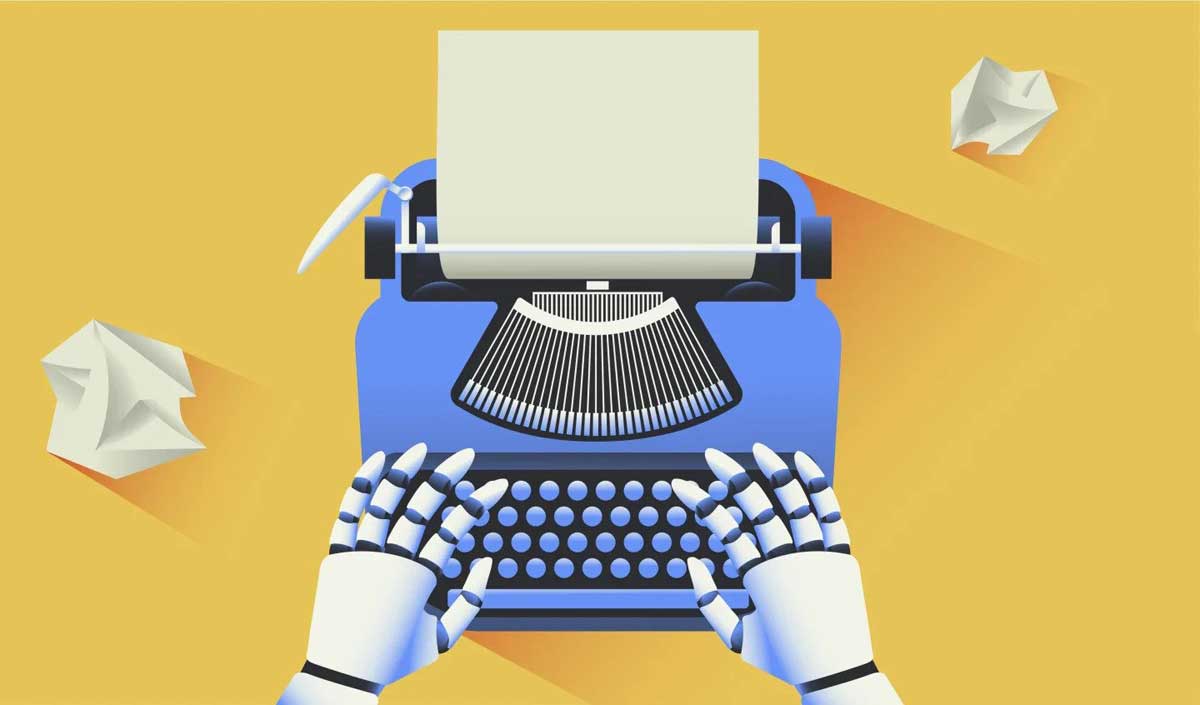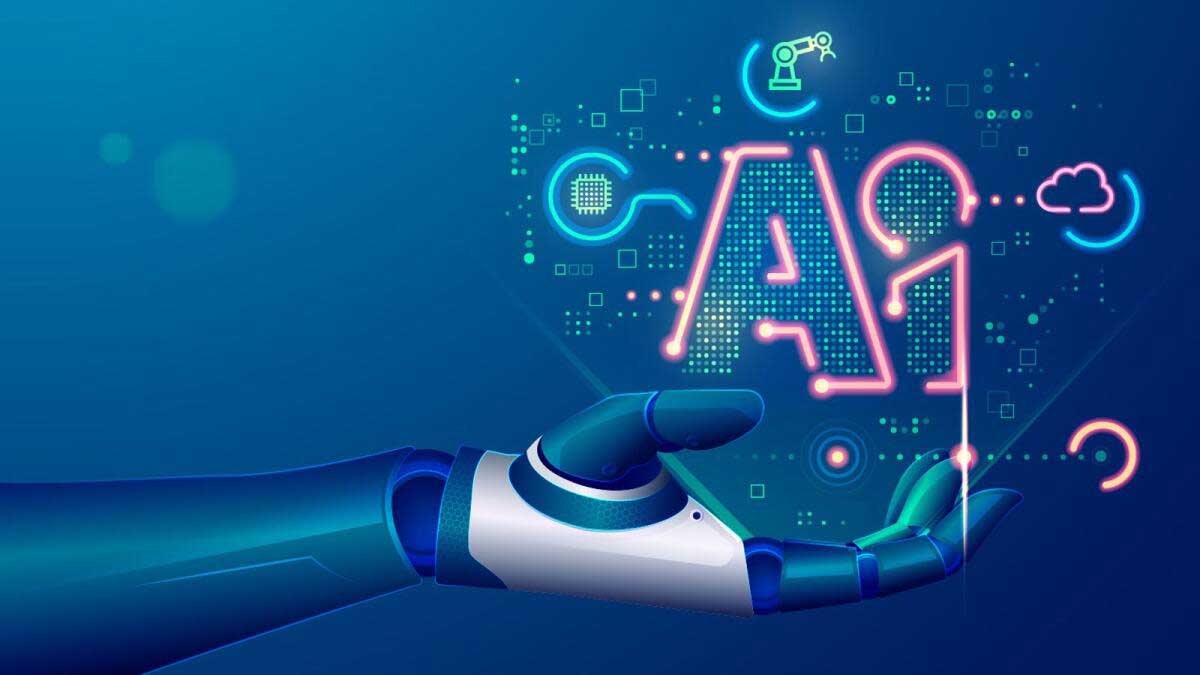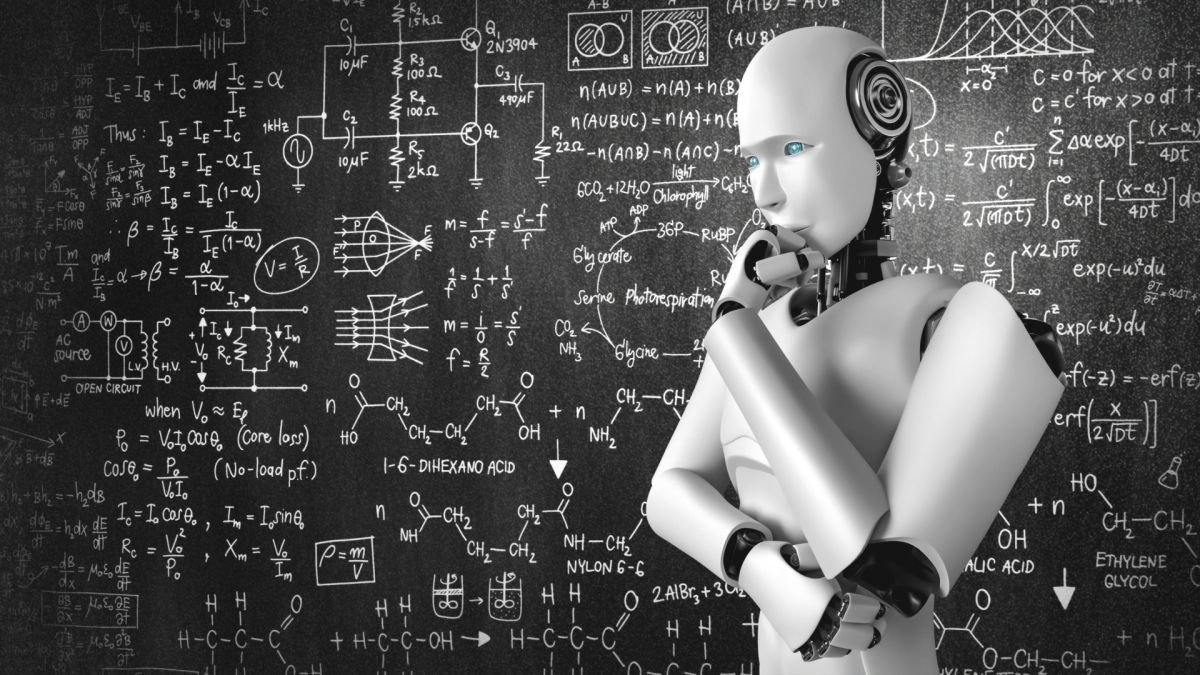In recent years, Artificial Intelligence (AI) has significantly advanced and has found applications in various fields, including healthcare, finance, and education. While AI has the potential to revolutionize these industries and improve our quality of life, it also raises concerns about the impact it could have on employment.
Some experts fear that AI could replace human workers in many jobs, leading to mass unemployment and economic disruption. Others argue that AI will create new job opportunities and ultimately benefit society. This article aims to comprehensively explore perspectives of the debate and thoroughly examine the potential threats and opportunities that AI presents to human employment.
Challenging the Status Quo: AI’s Potential Threat to Human Employment Explored
One of the most significant concerns about AI is its potential to automate jobs previously performed by humans. With the advancement of AI technology, it can perform tasks more efficiently and accurately than humans, leading to reduced labour costs for businesses.
In addition, AI does not require breaks or benefits, making it more cost-effective than hiring human workers. This trend is already evident in industries such as manufacturing and transportation, where automated systems are increasingly replacing human workers.
Counterarguments for AI as a Threat to Human Employment
AI automation, like all other technology have its pros and cons. Yes it may replace some jobs but at the same time create new job opportunities in other areas. For example, the creation and upkeep of AI systems require highly skilled workers such as data analysts, software engineers, and machine learning experts.
Artificial Intelligence can enhance human labour by providing workers with tools and resources to perform their jobs more efficiently and effectively. It will also create new industries and job categories we cannot imagine today as it evolves.
Potential long-term effects of AI on Employment
As AI technology continues to advance, more jobs will likely become automated. This trend will lead to the displacement of workers in some industries, requiring education and reskilling programs to help them transition to new jobs. Governments should implement policies that support these programs and ensure no one is left behind. Additionally, as more jobs become automated, there is a possible shift in available job opportunities, leading to greater income inequality.
Conclusion
In conclusion, AI has the potential to be both a threat and an opportunity for human employment. While it is true that AI automation may supersede some jobs, it will also create new job opportunities and enhance human labour in many other areas. As we move forward, we must consider the potential long-term effects of AI on employment and take steps to ensure that no one is left behind.





Leave A Comment